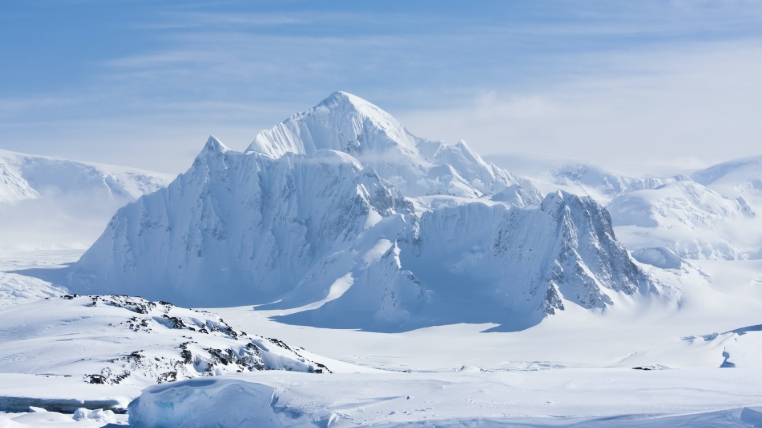The Coldest Ocean: Exploring the Frigid Depths
When we think of the coldest regions of our planet, icy landscapes and frigid temperatures often come to mind. The oceans, however, play a crucial role in regulating global temperatures and supporting unique ecosystems. This article delves into the coldest ocean on Earth, offering insights into its characteristics, significance, and wonders.
The Arctic Ocean: A Frozen Frontier
The Arctic Ocean, with its frigid waters, holds the title of the coldest ocean on the planet. Average temperatures often dip below freezing, particularly in winter, when sea ice covers vast areas. This ocean not only influences global climate patterns but also serves as a critical habitat for various marine life. Species like polar bears, seals, and migratory birds rely on this icy expanse, showcasing the delicate balance of life reliant on its extreme conditions.
Impact of Climate Change on the Arctic Ocean
As climate change advances, the Arctic Ocean is experiencing rapid transformations. The melting ice caps and thawing permafrost are not just alarming signs of environmental change; they also pose challenges to the wildlife that depends on this habitat. With diminishing ice, certain species may find their way of life disrupted, leading to shifts in migration patterns and food sources. Additionally, the Arctic’s warming temperatures can contribute to rising sea levels and alter global weather patterns, affecting ecosystems far beyond its shores.
Unique Ecosystems Beneath the Ice
Though the Arctic Ocean appears desolate due to its icy surface, it is home to thriving ecosystems beneath the ice. In these cold waters, unique adaptations allow various species to thrive. The ocean serves as a nursery for fish and supports phytoplankton blooms that fuel the marine food web. Researchers are continually discovering new species and life forms adapted to the extreme conditions, emphasizing the ocean’s importance in biodiversity. Understanding these ecosystems can help facilitate conservation efforts and promote awareness about the fragility of such a pristine environment.
Conclusion
The Arctic Ocean may be one of the coldest places on Earth, but its significance extends far beyond just low temperatures. It plays an essential role in our planet’s climate, supports diverse life forms, and faces unprecedented changes due to climate change. By learning more about this fascinating ocean, we can foster a deeper appreciation for its beauty and the need to protect it for future generations. Whether you’re a nature lover, a climate enthusiast, or just curious, exploring the wonders of the Arctic Ocean enriches our understanding of the world we live in.

